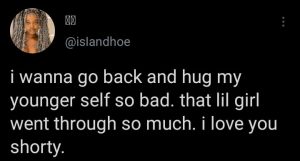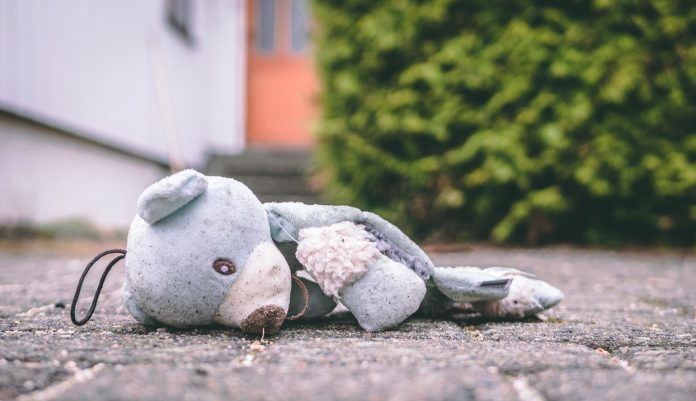To begin healing, you first have to acknowledge your inner child’s presence. The inner child is an individual’s childlike aspect and a wounded inner child is a sign that you were emotionally and mentally injured, neglected, or even abused in childhood. I think it’s really important to show some compassion for your inner child. Actually, everything I do is for my inner child.

A wounded inner child can prevent you from having the life you want and this is why it is mendatory for your mental health to heal your traumas and let your authentic self shine. Acknowledge all your repressed emotions and bring them to conscientiousness. You deserve to be happy! You deserve to make peace with yourself! You deserve better!
@piscesbongwater let me heal my inner child in peace #squishmallows
1. Guilt Wound
Manipulative parents often cause this wound. You may have been repeatedly made to feel guilty by a parent for your actions. A parent may have blamed you for his or her emotional problems. Perhaps, you are your biggest critic or even your biggest hater, you are a perfectionist and you often self-sabotage.
Guilt is both a cognitive and an emotional experience that occurs when a person realizes that he or she has violated a moral standard and is responsible for that violation. Generally, when children feel guilty, they feel like they are misunderstood and they stop communicating or they go in the complete opposite direction and start overexplaining everything like they constantly have something to prove.
2. Neglect Wound
A wounded inner child is not easy to heal and emotional neglect is generally unrecognized by the child until symptoms begin to appear in adulthood. Generally, neglect wound makes you be a people-pleaser and have a hard time setting boundaries. Emotional neglect can take many forms, from a parent having unrealistically high expectations or not listening attentively, to invalidating a child’s emotional experiences to the point he or she begins to feel self-doubt.
If you felt that you are unheard, unseen or you simply felt like you can’t meet your parents’ expectations, most probably today you have to deal with this neglect wound and you often feel like a burden and you think nobody loves you. You fear rejection and you crave any kind of external validation.
3. Abandonment Wound
People who have experienced abandonment in their childhood will have to work on their fear of loneliness, their fear of being rejected, and their invisible barriers against physical contact. They are often jealous and need reassurance. Abandonment wounds leave us feeling like we need to hold on, fearing disconnection, worrying about future disappointments and worrying about potential threats and losses, leaving us feeling perpetually insecure and doubtful in ourselves, in relationships and in the world.
A wounded inner child that is traumatized like that often feels unloved. You feel like you are not enough. People with this wound should value themselves more and learn how to enjoy their own company.
4. Trust Wound
When a child is betrayed, mainly by a parent who has not fulfilled a promise, this creates a fear of trusting others. A wounded inner child that suffers because of trust wound is prone to be envy. This trust wound also makes people have a hard time being accountable, so they are fazed when someone criticize them and that’s understandable because generally betrayal creates trust issues.
Those who were betrayed often as children may grow up to be controlling people who need everything to be exactly the way they want it. They likely feel the need to exercise a certain amount of control over others, which they frequently justify as being a part of their strong character.







